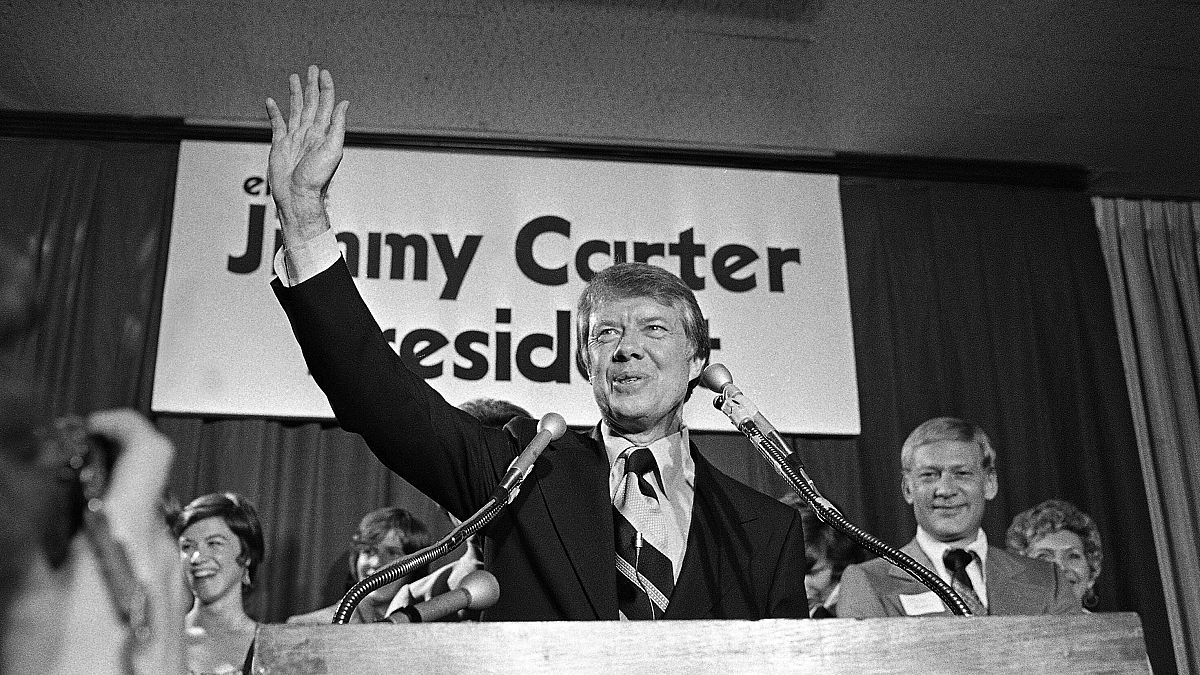Former US President Jimmy Carter passed away at the age of 100 at his home in Plains, Georgia. Carter, who served as president from 1977-1981, outlived all other US presidents after leaving office. His death was confirmed by his son James, although the exact cause was not immediately disclosed. The news of Carter’s passing was reported by the Atlanta Journal-Constitution and the Washington Post, and our journalists are actively working on obtaining more information to provide updates.
Carter was a significant figure in American politics, known for his dedication to human rights and advocacy work post-presidency. He was awarded the Nobel Peace Prize in 2002 for his efforts in advancing democracy and human rights around the world. Carter’s legacy includes his work with the Carter Center, a non-governmental organization he founded to promote peace, health, and freedom. His commitment to public service and diplomacy has left a lasting impact on the global community.
During his presidency, Carter faced challenges both domestically and internationally. He grappled with economic turmoil, including high inflation and unemployment rates, as well as the Iran hostage crisis. Despite these challenges, Carter implemented policies aimed at energy conservation and environmental protection, demonstrating his commitment to sustainable practices. His administration also saw advancements in social justice, including the creation of the Department of Education and efforts to promote equal rights for women and minorities.
Carter’s post-presidency years were marked by a continued dedication to humanitarian causes and conflict resolution. He was involved in numerous peace negotiations, including efforts to broker treaties in the Middle East and North Korea. Carter’s commitment to diplomacy and dialogue earned him recognition as a respected elder statesman. His tireless efforts to promote democracy and human rights have inspired many to follow in his footsteps and work towards creating a more just and peaceful world.
As the longest-living US president in history, Carter’s passing marks the end of an era and serves as a reminder of his enduring impact on American politics and society. His commitment to public service, peace-building, and advocacy for marginalized communities will be remembered and celebrated for generations to come. Carter’s legacy serves as a testament to the power of leadership and diplomacy in addressing global challenges and promoting a more compassionate world. His passing is mourned by many, but his contributions to democracy and human rights will continue to inspire future generations to strive for a better future.










